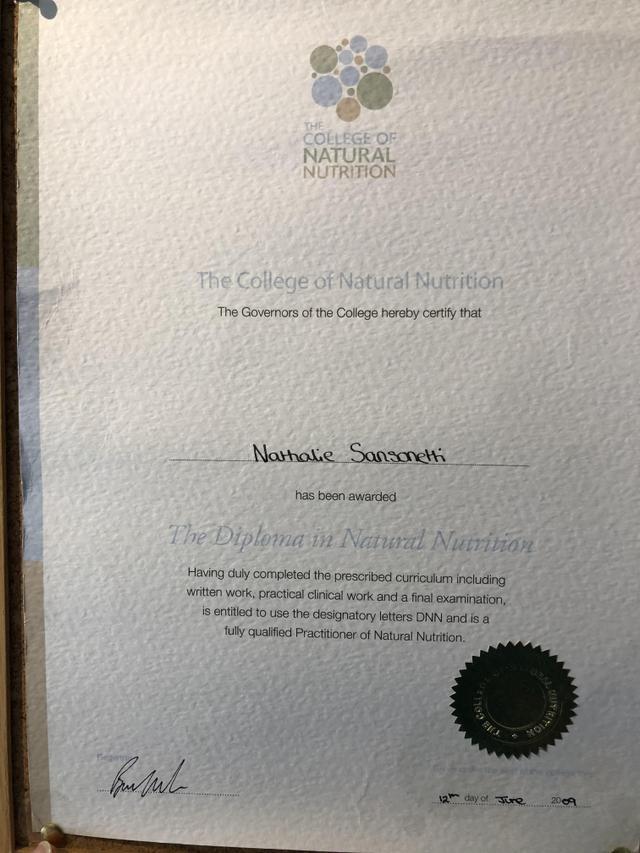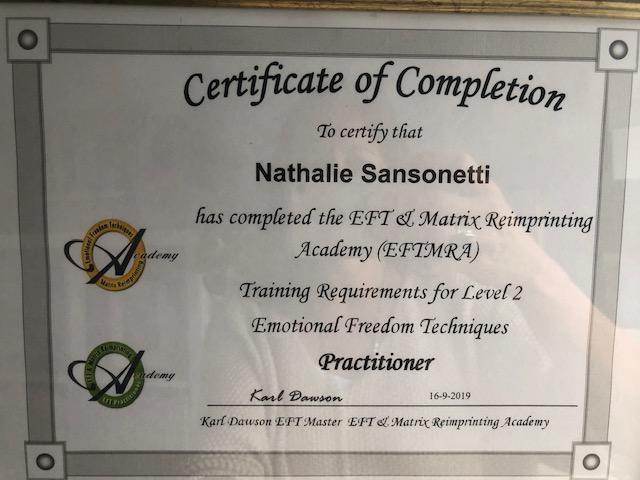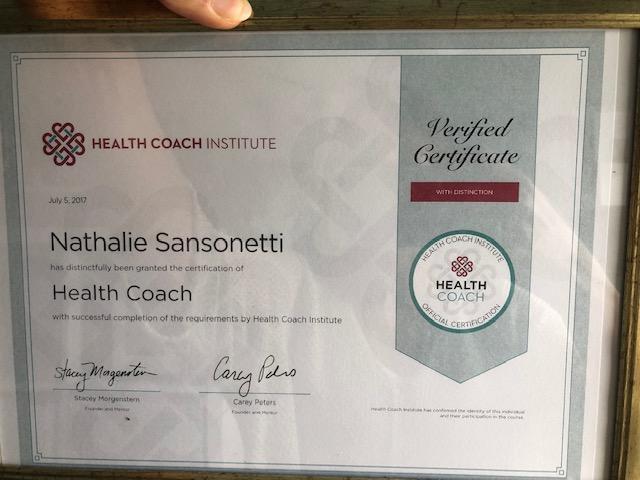Nathalie Sansonetti
Hello! Do you want a truly holistic approach to help you get rid of the root causes of your health issues for good, while helping you to establish some great habits you'll enjoy?
If so, I'm YOUR Nutritional Therapist, Health Coach, EFT Practitioner and me…
About Nathalie Sansonetti Hello! Do you want a truly holistic approach to help you get rid of the root causes of your health issues for good, while helping you to establish some great habits you'll enjoy? |
Expert in the fields:Career Coaching/Nutritional Therapy/Emotional Freedom Technique
16 years of practice
On Core Spirit since June 2021
Brighton, UK
Certificates



Articles
2 m.
Philosophy
Nathalie Sansonetti
Have You Heard Of The Mozart Effect?
HAVE YOU HEARD OF THE MOZART EFFECT?
Research carried out on children’s cognitive abilities indicated that there were some improvements while they listened to Mozart’s music. It was also found to help epileptic and Alzheimer patients.
This kind of rese…
3 m.
Nutritional Therapy
Nathalie Sansonetti
The Old Lady and The Sweets
A few years ago, an older lady (let’s call her ‘Mary’) came to me for nutritional help. Mary was very cross with herself and showed me her handbag that was literally overflowing with packets of sweets and chocolates: “I used to carry bottles of vodka and …
Practitioner Reviews
Nathalie Sansonetti doesn’t have reviews yet.
Click the button below to leave the first one!
Comments
•4y ago
New article Have You Heard Of The Mozart Effect? already available! Read it now
•4y ago
New article The Old Lady and The Sweets already available! Read it now
Leave your comments / questions